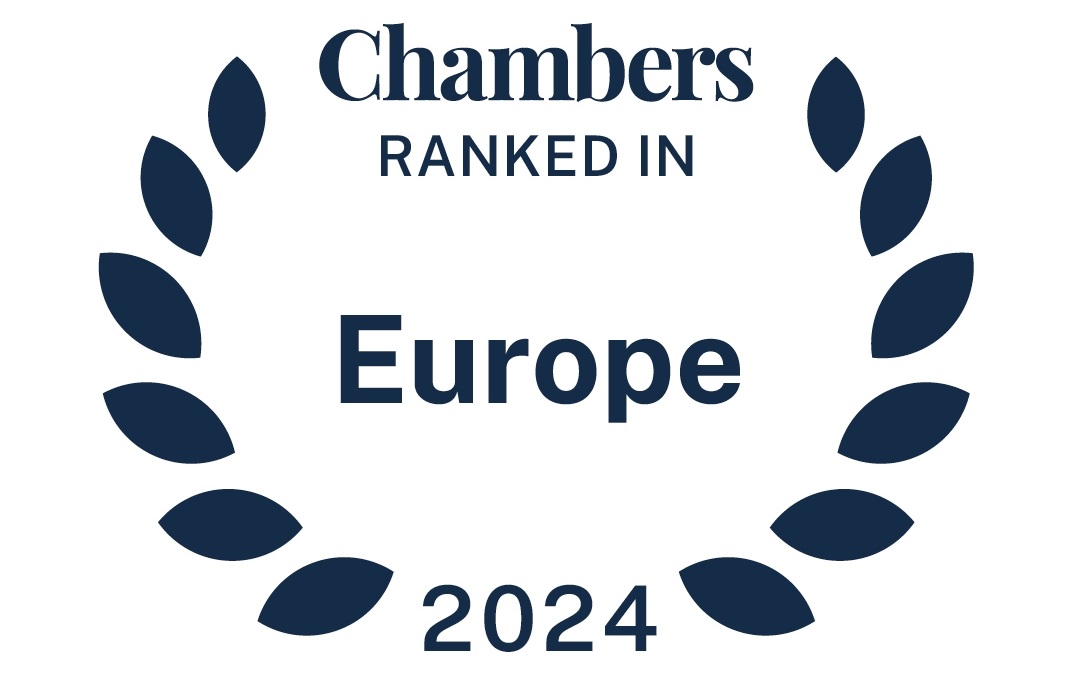On October 10, 2024, the French Ministry of Armed Forces released an FAQ relating to a Non-Re-Exportation Certificate (NRC), available in French here (FAQ). This document provides practical guidance to military companies exporting equipment covered by the prohibition on export or re-export to sanctioned countries. The FAQ complements the existing guidelines for completing certificates required by French authorities (see here).
Concerned companies should be mindful of consulting the FAQ when preparing their NRCs. It is crucial to closely follow the guidance from the French Ministry of Armed Forces in order to avoid any follow-up questions which may delay the transaction or trigger any further investigation from the French authorities. This is particularly important in circumstances where sanctions regimes, notably against Russia, are becoming increasingly significant and more strictly enforced (read our latest update here).




